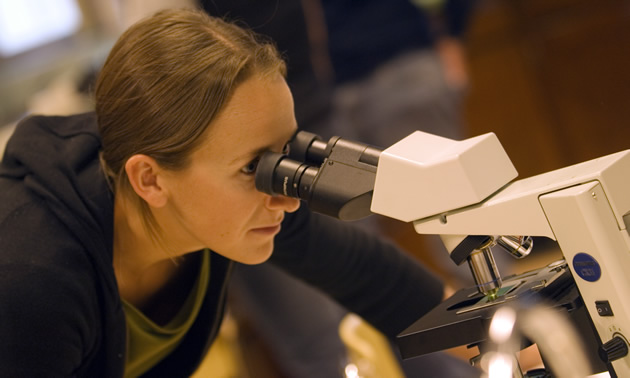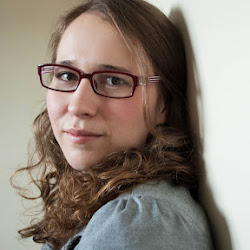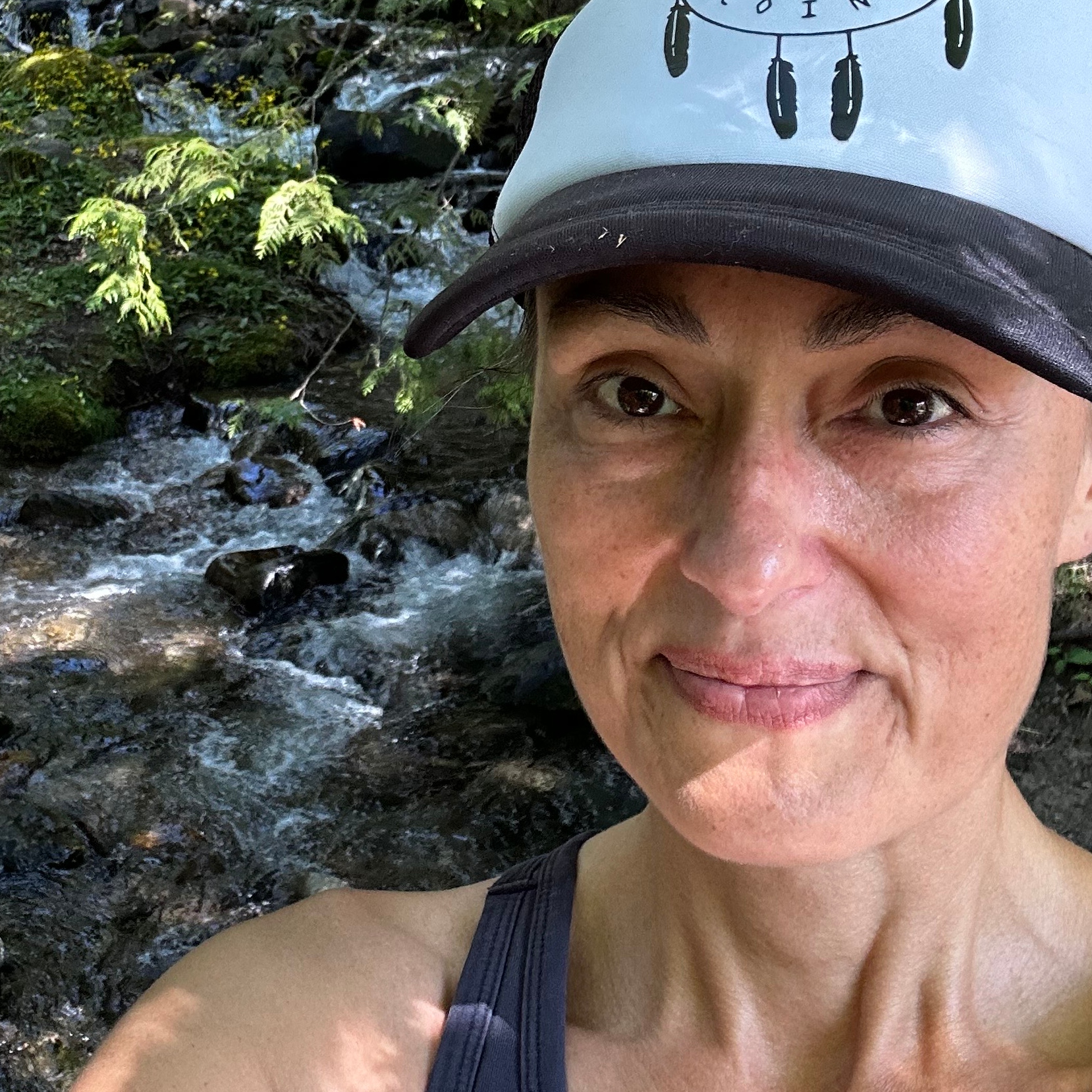Addressing the rural physician shortage
Selkirk College has developed a pre-medicine program to offer opportunities to students who hope to return to serve rural areas

The Rural Pre-Med Program at Selkirk College will provide rural students with a strong foundation. — Photo courtesy Selkirk College
Most rural B.C. residents can tell frustrating stories about doctor shortages in their region. It’s an issue that hits close to home and many Kootenay communities have worked hard at doctor recruitment in attempts to provide the needed level of care. Now, after two years in the making, a program at the Castlegar campus of Selkirk College is shaping up to become part of a long-term solution. The Rural Pre-Medicine Advanced Diploma and Associate Degree Program is ready for its first intake of students in September of 2014.
The pre-med program will take three years to complete and offers the 90 credits and specific courses required for entrance into the medical program at the University of British Columbia (UBC). The included courses are designed for preparation of rural practice and incorporate those recommended for the Medical College Admissions Test (MCAT). Students will receive extra non-credit training in skills such as conflict resolution, small business training and MCAT preparation that will support their futures as physicians and their medical school applications. Practical application is offered through service-learning components.
A needed initiative
Elizabeth Lund is a chemistry instructor at Selkirk College as well as the Rural Pre-Medicine Program co-ordinator. Throughout the development of the program she has seen exceptional interest and support across the board. The fact is, Selkirk is addressing a need throughout the province.
“Research shows that the main contributing factor to people choosing to be rural physicians is how much rural exposure they’ve had,” she said. “(Selkirk College is) in a rural setting so we can take advantage of that—and all the programming that we have to offer—to develop a program that uses those facts combined with research and collaboration with all the groups who have expertise in rural medicine.”
Dr. Robert Woollard, a professor with the UBC Department of Family Practice, agrees that a rural program is needed to help address the shortages.
“The relative lack of rural students entering the health professions is a worldwide phenomenon,” he said. “There is increasing evidence that any solution to this problem will need to be context specific and contain multiple integrated strategies . . . Properly supported and imaginatively led, the Selkirk College program strikes me as a bold and worthy innovation, and will become an important part of a needed provincial strategy to address this issue.”
Selkirk College plans to actively recruit rural and aboriginal students who have an expressed interest in practising rural medicine. Applications are currently scheduled to close at the end of February, although that date could be extended. There have been lots of applications already submitted, said Lund, including many from mature students. Offering a Kootenay-based doorway to med school should help small-town students overcome some of the obstacles to studying medicine.
Overcoming obstacles
“If you’re a rural student the first thing that you’d have to do is move away from home,” said Lund. “You would usually then have to incur debt, fund your way to living in a separate location—all the expense with that—as well as moving away from your support network. For some people that’s a real barrier. They have family and commitments and it’s not easy for them to leave. So to be able to spend three more years here to complete that undergraduate portion is key.”
Selkirk has worked with UBC in creating the program and students will have strong med-school applications after completing the Rural Pre-Med Program. However, students of the program aren’t guaranteed acceptance into UBC’s program—qualified applicants are turned away every year due to limited intake numbers. For any unsuccessful applicant, however, the courses will transfer to other institutions as well. For example, students will also have the option of attending the University of Northern B.C. to complete a bachelor of health sciences degree. The Rural Pre-Med program would also allow students to be very well positioned in applying for related studies such as optometry, veterinary medicine or pharmacy.
Positive all around
The Selkirk program is certainly good news across the board. The Province, other post-secondary institutions, communities and the students themselves have had nothing but positive response so far. The people in the Kootenays who are currently unable to find a family physician will also be pleased with the initiative.
“We’re excited just to have a strong, vibrant cohort of students here at the college,” said Lund, “and we’re also very (excited) to have our students out working with the community.”






Comments